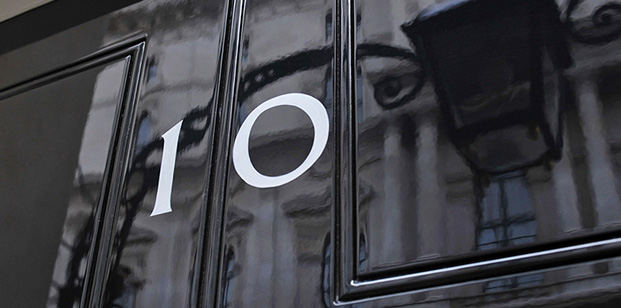During September, investors became increasingly preoccupied by possible measures in the forthcoming Autumn Budget. In particular, concerns over the state of the UK’s public finances and worries over the possibility of tax increases pushed up the yield on the 30-year gilt to its highest level since 1998.
- UK interest rates remained at 4%
- The price of gold hit a new record
- Government borrowing hit its highest August level for five years
What’s in the red box? During September, investors became increasingly preoccupied by possible measures in the forthcoming Autumn Budget. In particular, concerns over the state of the UK’s public finances and worries over the possibility of tax increases pushed up the yield on the 30-year gilt to its highest level since 1998. Having grown by 0.4% in June, the UK economy stagnated in July as growth in the services and construction sectors was more than offset by a sharp contraction in the manufacturing sector. Meanwhile, the Office for National Statistics revealed that government borrowing had hit £18 billion – its highest August level since 2020.
‘I think there is still some further journey down in interest rates to go’” (BoE Governor Andrew Bailey)
All that glitters: record gold prices drove up share prices in the mining sector during September, propelling the FTSE 100 Index to a new high. Over the month, the FTSE 100 Index rose by 1.8%, while the FTSE 250 Index climbed by 1.9%. In the quarterly review of FTSE 100 Index constituents, luxury design house Burberry and Metlen Energy & Metals were promoted to the blue-chip index, replacing housebuilders Taylor Wimpey and student accommodation provider Unite Group.
Inflation remains the key to lower rates: the Bank of England (BoE) maintained its key base rate at 4% in September. In an interview with West Midlands Life, BoE Governor Andrew Bailey commented: “I think there is still some further journey down in interest rates to go. But exactly when that will be and how much it will be will depend on the path of inflation going down.” The annualised rate of inflation remained at 3.8% in August. Although food price inflation rose by 5.1% - its fastest pace since January 2024 – this was mitigated by slower growth in prices for clothing, footwear and transport.
Lacklustre forecast from OECD: the Organisation for Economic Cooperation & Development (OECD) predicted that a tighter fiscal stance, higher trade costs and uncertainty are set to hamper external and domestic demand, causing UK growth to slow from 1.4% this year to 1% next year. The OECD also raised its forecast for average UK inflation during 2025 from 3.1% to 3.5%, representing the highest rate of any of the G7 countries. Elsewhere, having improved slightly in August, UK consumer confidence deteriorated once again in September, according to a survey by GfK that highlighted the impact of high day-to-day costs on UK households.
To view the series of market updates through September, click here









